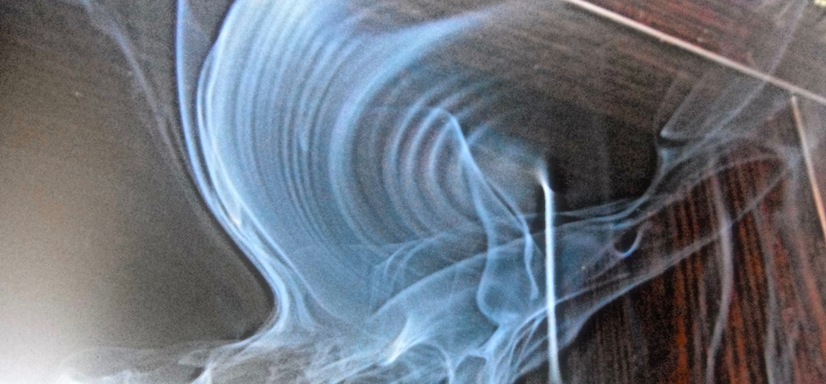 Philip Kobylarz, Effervescence, Photograph
Philip Kobylarz, Effervescence, Photograph
BIRTHING
I
Would you like
to own a broken heart?
Do you have any use
for one?
I’ll give you mine for free.
II
I have a fatal—
black-haired,
immigrant-status,
countryless,
head-in-the-clouds,
awful-daughter, bad-sister,
nagging-wife, bitter-hermit,
wild-witch, human-imposter—
condition.
III
I am all pain.
This pain is
the eternal ash tree
outside my window
that rehearses dying
each winter,
clings to whatever remains,
consumes time’s charity
and my awe, breath, tears,
turns this fleeting earth
into her earned dominion.
IV
The broken heart,
the placeless woman,
the torn kite
that no longer soars,
the pine’s pointed crown
that pierces the sky barrier
to meet some God:
all hushed elegy,
spent soul,
starved body.
Let it be.
V
Somewhere,
a young goat sprints
through the meadow,
unafraid of getting lost
among the little bluestems
and butterfly weeds,
bleats praise
to the rainbow streaks
of ripening dawn.
Village women
beat the dust off
their frayed rugs
with long broom handles,
then carry them
to the nearby river—
a new year’s baptism.
VI
Unleashed by the breeze,
the dandelion’s plumed seeds
anchor their white puffs
to the air,
sail like easy, dallying ghosts
toward an unknown
birthing.
They have mastered surrender.
Their devotion
sustains me.
_____________
Leila Farjami
Review by Mykyta Ryzhykh
Internal migration is always a broken heart. Human migration is also like a broken vase. This verse is like rain falling on the surface of glass.
Review by Massimo Fantuzzi
There’s dignity and fortitude setting and emanating from these verses. Our threads of hurt find relief and companionship in the chronicles of natural order depicted here with great sympathy; vademecum for the blue hours, between the fabulist, folklorist and moral teaching of long tradition, we should learn from and keep these stanzas at hand, so they can come in aid and point us on the path of strength and consolation.
Opposite to self-indulgence and self-pity, here is the powerful reminder that the poet’s job is to find, draw and spread beauty (as in spiritual well-being) so that we can bathe our sores in it. A lot more than personalization goes on in the verses: the dialogue and mutual support between the fragile, battered soul and Nature’s protagonists, their common travail and pathos (as in the ability to feel and carry a baggage, a history of emotions) create a truly curative melody. Nature’s stories become the sounding board of our ache; the resulting tune is one of acceptance and deep healing – birthing indeed.
